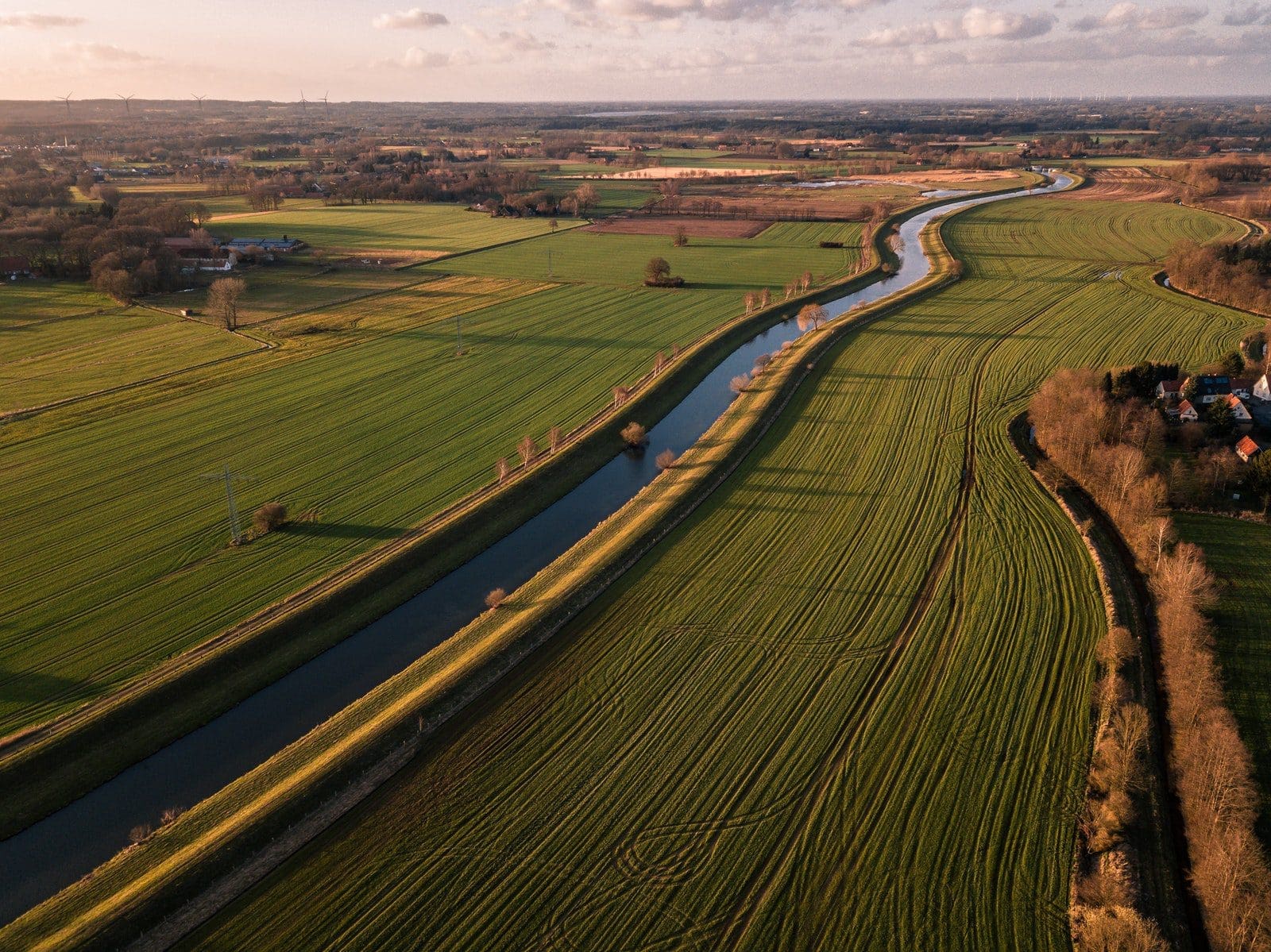
While many farmers throughout the world rely on aquifers and other pumping supplies to effectively water their crops, water waste has become a major issue in agriculture. Erosion overwatered crops, and garbage can all result from wasting water. You can not only help to save one of nature’s most valuable resources by better optimizing your water usage, but you can also produce healthier crops with less water. Here are some practical suggestions for agricultural water conservation.
Practice Drip Irrigation
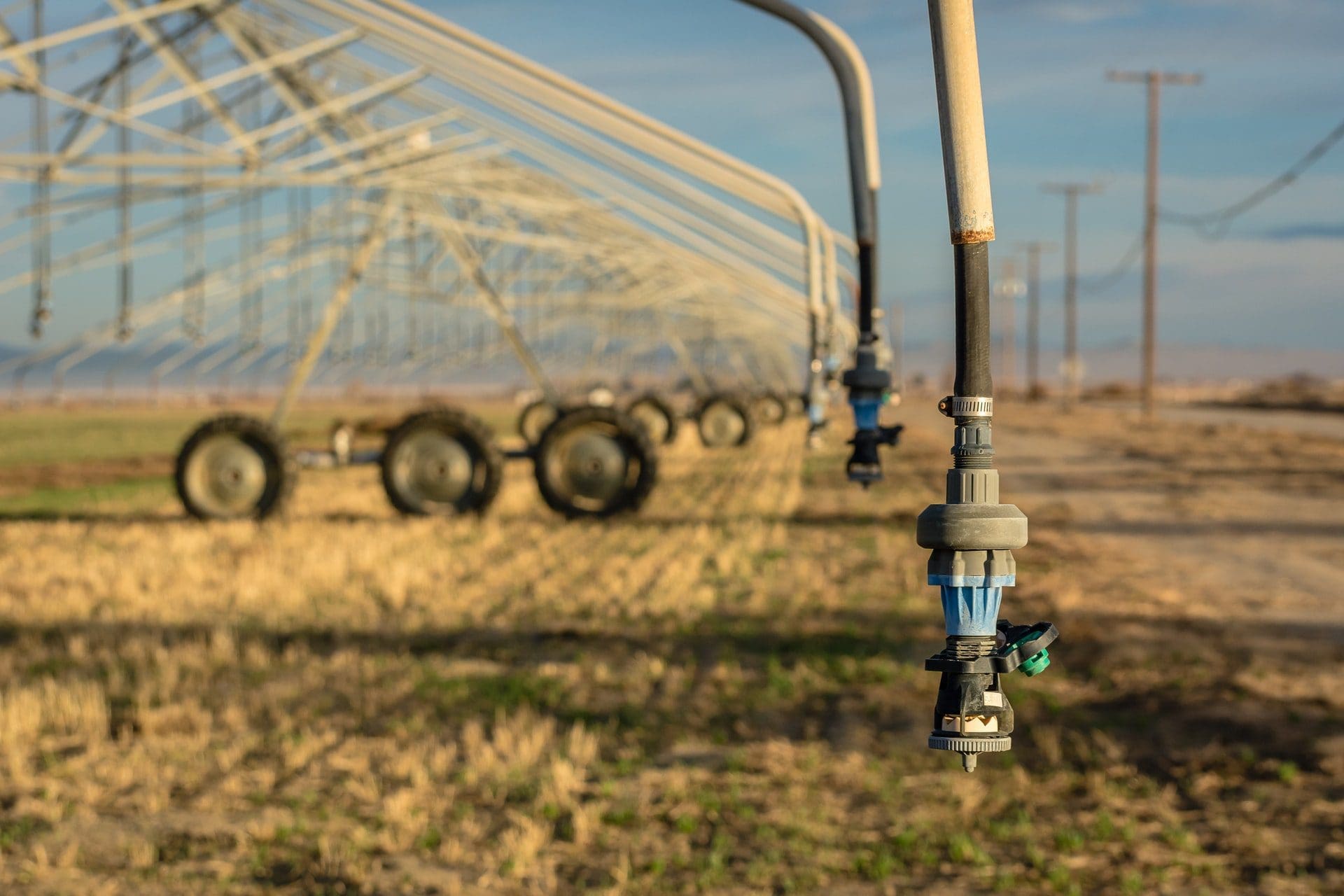
Drip irrigation, rather than the usual overhead spray method of watering, can reduce evaporation and save up to 80% more water. It also ensures that water reaches the roots of the plants, which can contribute to improved development. Runoff, deep percolation, and evaporation are all avoided with a well-designed drip irrigation system. Drip irrigation minimizes the amount of water that comes into touch with the leaves, stems, and fruit of the crop. As a result, the environment may be less conducive to illness initiation.
Go for Drought Tolerant Crops
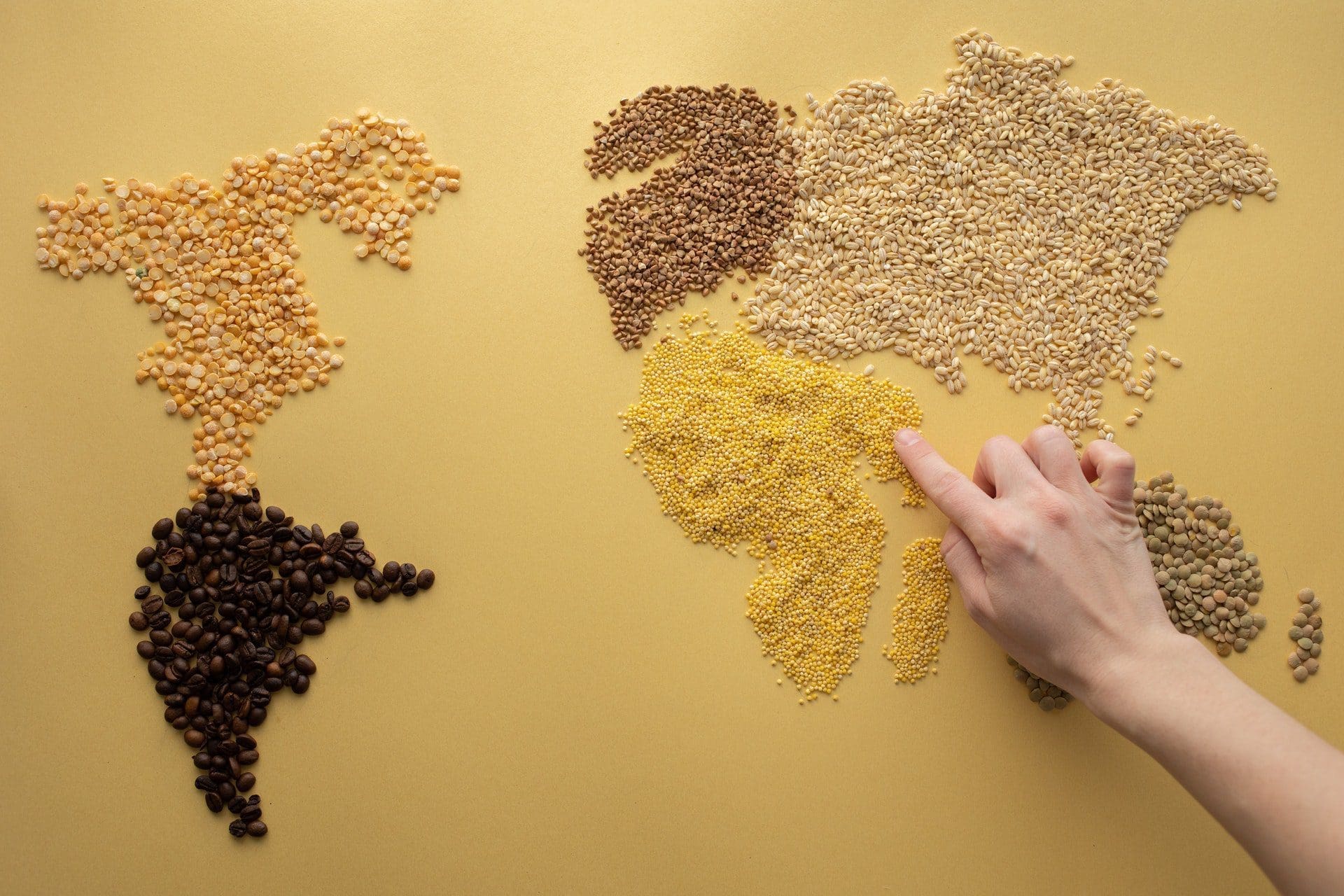
Photo by Monstera from Pexels
Drought-tolerant plants conserve water while providing aesthetic and practical benefits to the landscape. All of the crops you plant must be climate-friendly. Plants that are native to your region have a better chance of surviving harsh weather conditions like drought. Furthermore, if your area is prone to drought, consider planting crops that have adapted to limited water availability. This might help you save money by lowering your water consumption.
Harvest Rainwater
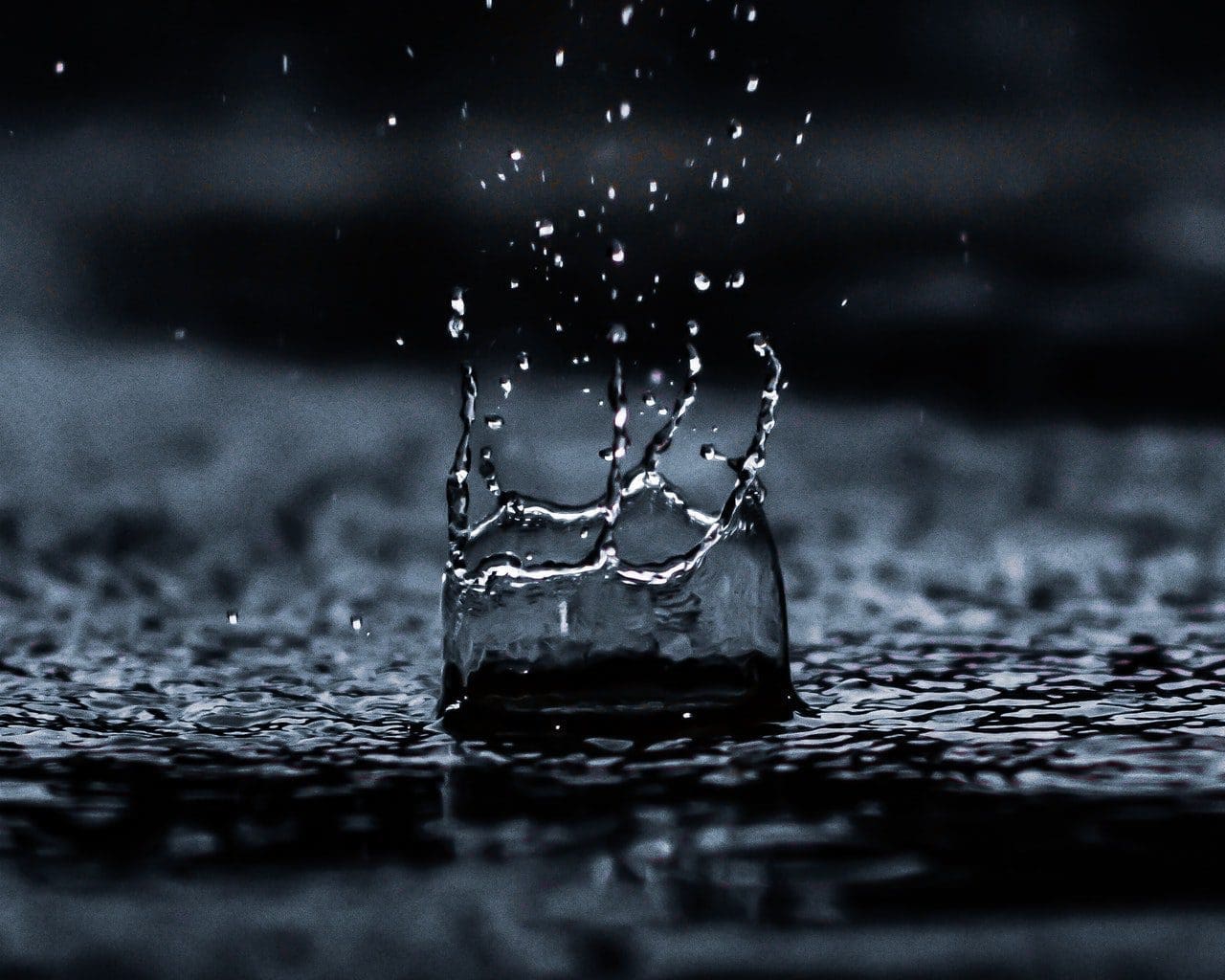
Photo by Monstera from Pexels
Harvesting rainwater is a simple technique or technology that collects, stores, conveys and purifies rainwater that runs off of rooftops, parks, roads, open fields, and other surfaces for later use. Scarcity of excellent quality water has become a major source of concern in recent years. You can use rainwater, on the other hand, for irrigation, washing, cleaning, bathing, cooking, and other farming needs as it is pure and of good quality.
The following are other benefits of rainwater harvesting:
- It is inexpensive.
- It saves water.
- A source of water for irrigation in the landscape
- It’s a straightforward strategy that’s simple to put into practice.
- It decreases soil erosion and water pollution caused by fertilizers and pesticides.
Follow Good Agricultural Practices
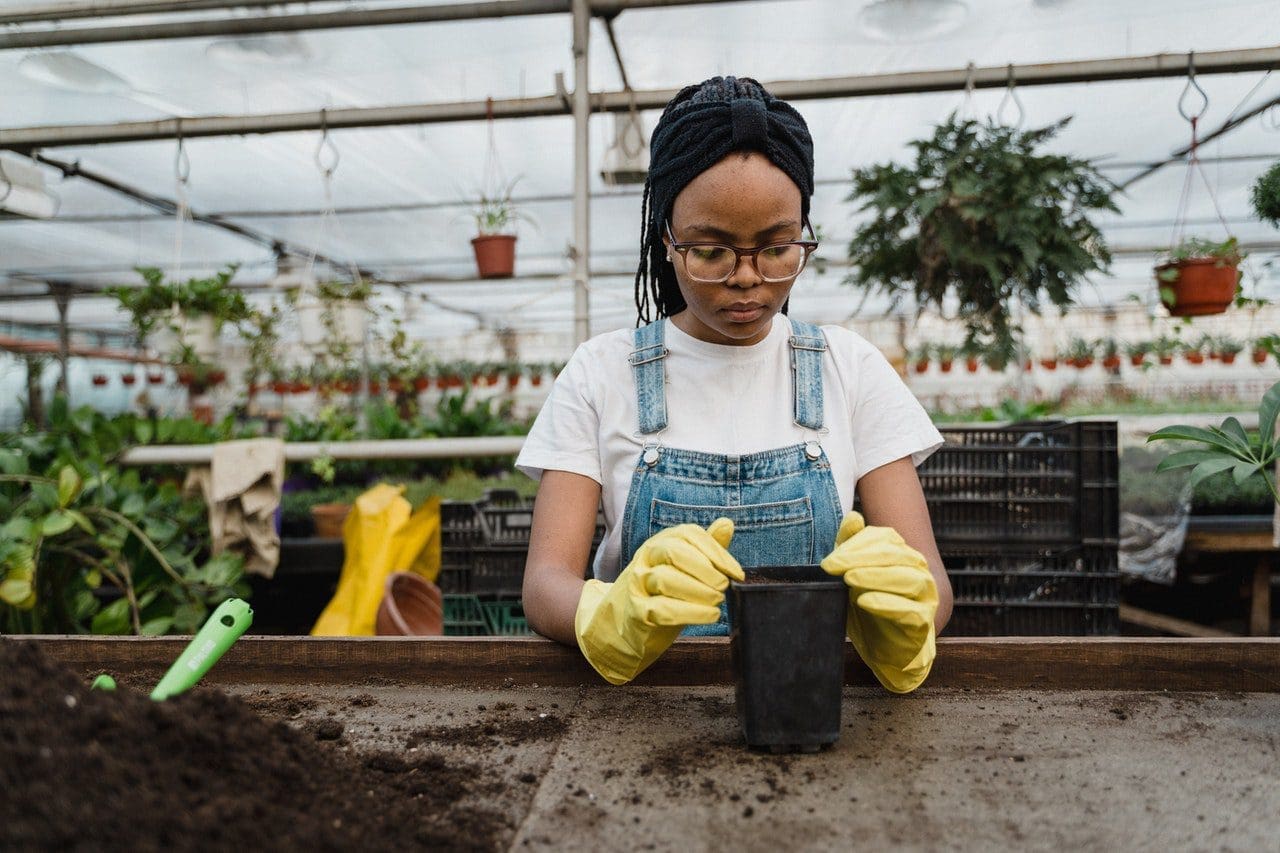
Photo by Tima Miroshnichenko from Pexels
GAPs, or Good Agricultural Practices, are voluntary recommendations for food producers like you to limit the danger of microbial contamination on their farms, which can lead to food-borne illnesses. Making sure that the farm has well-maintained toilets and hand-washing facilities, with clean water and hand sanitizers is one of the most vital agricultural practices that you should follow. Before harvesting and handling produce, ensure that personnel washes their hands. GAPs are concerned with post-harvest management, as well as correct product cooling, handling, and storage. This can help you save money by reducing loss, improving quality, and ensuring that your consumers get the greatest food possible.
Go Organic
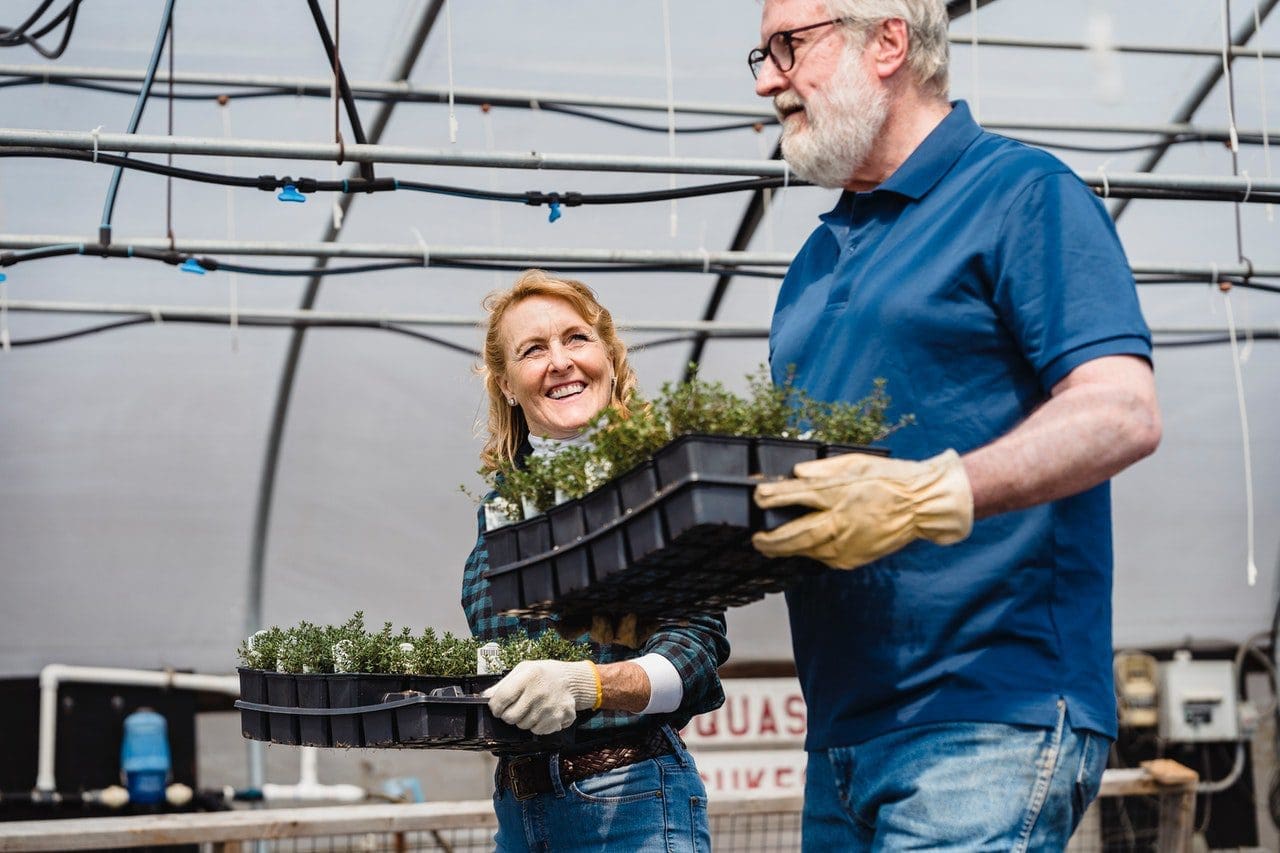
Photo by Greta Hoffman from Pexels
Runoff from non-organic farms, which contain dangerous pesticides and toxic fertilizers, is a major source of water pollution in US rivers, and rivers all over the world. By preventing polluted runoff, organic farming helps to keep our water supplies pure. Organic farming also aids with water conservation. Many organic farming (and gardening) activities, such as increasing soil organic matter, growing cover crops, applying organic mulches, and preserving perennial plant and tree areas, assist the soil to absorb and retain water, preventing runoff, and replenishing subsurface aquifers.
Invest in High Tech Irrigation Systems
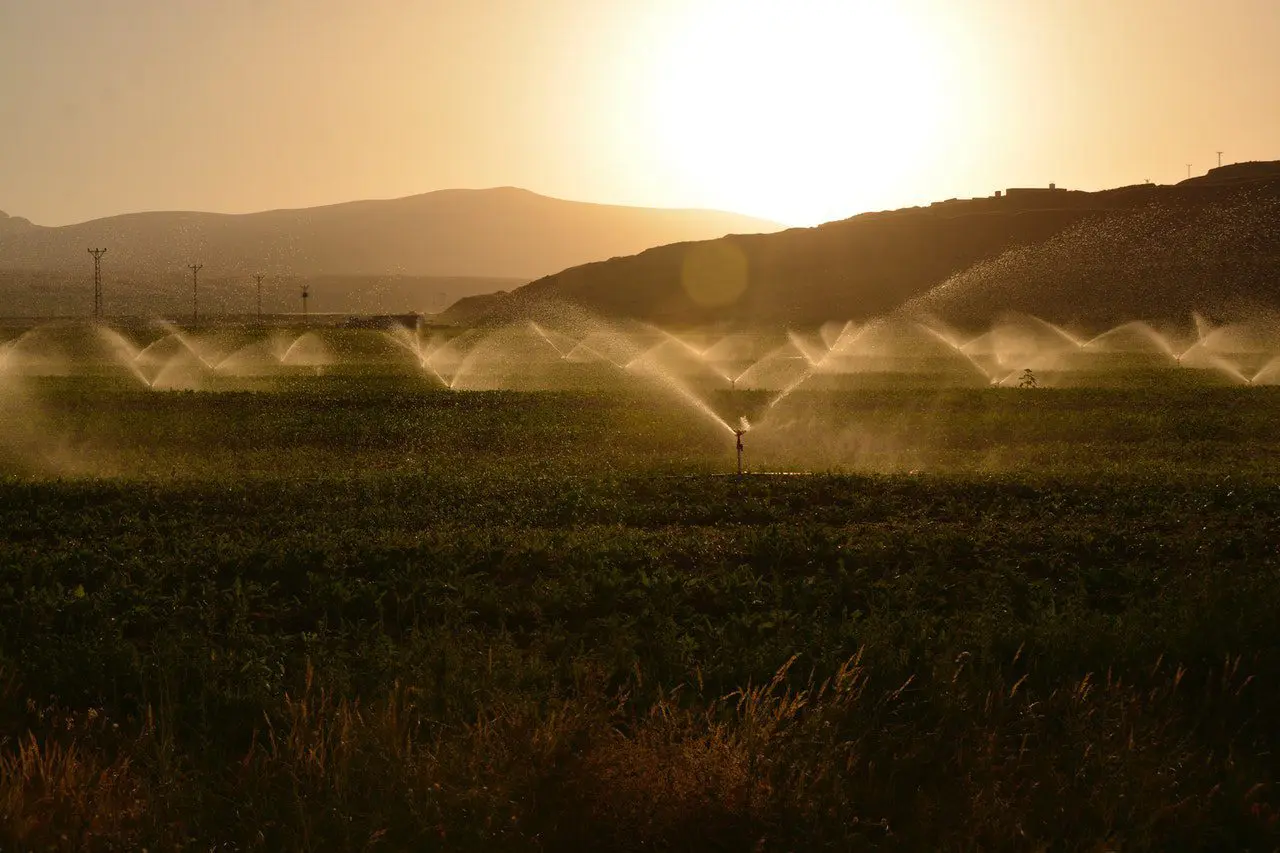
Photo by Süleyman Şahan from Pexels
Digitalization is now being implemented into farm systems in more modern novel ways. Thanks to soil moisture sensors, certain companies are now able to empower farmers to make data-driven decisions and lower their water consumption by up to 40%. You can also save water and money by employing the use of pressure-reducing valves from the most reliable China industrial valve manufacturer in your irrigation system. Water pressure-lowering valves, also known as water pressure regulators, are small, low-cost valves that automatically reduce high incoming water pressure from city mains to produce a lower, more functional pressure for distribution in your farm.
Use Rotational Grazing Method
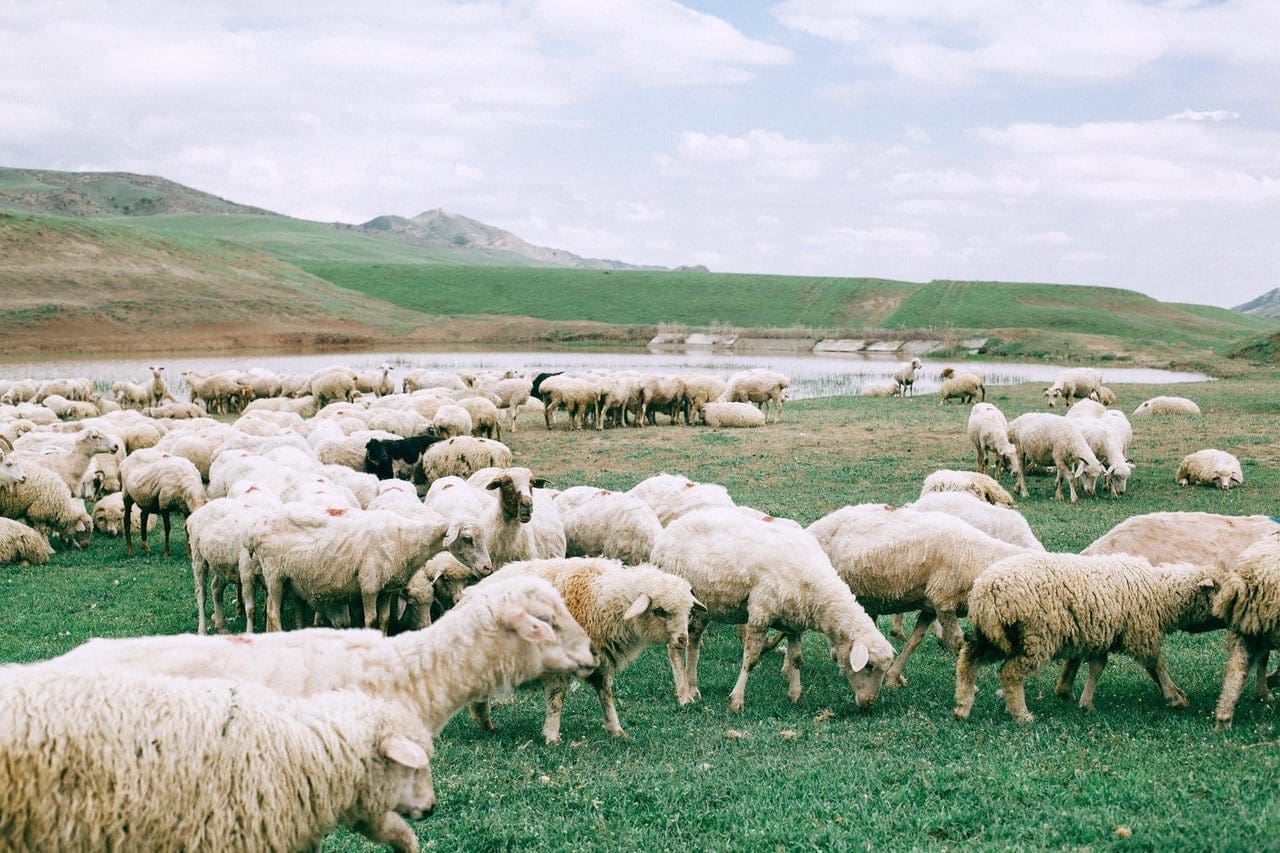
Photo by Maria Orlova from Pexels
Rotational grazing is a grazing method in which a large pasture is divided into smaller paddocks so that cattle can easily move between them. Using this approach, cattle are concentrated on a smaller piece of the pasture for a few days before being moved to another section of pasture. Good grazing management enhances water absorption and lowers runoff in drought-resistant pastures. Rotational grazing also saves water by boosting fodder cover and raising soil organic matter.
Mulch and Compost
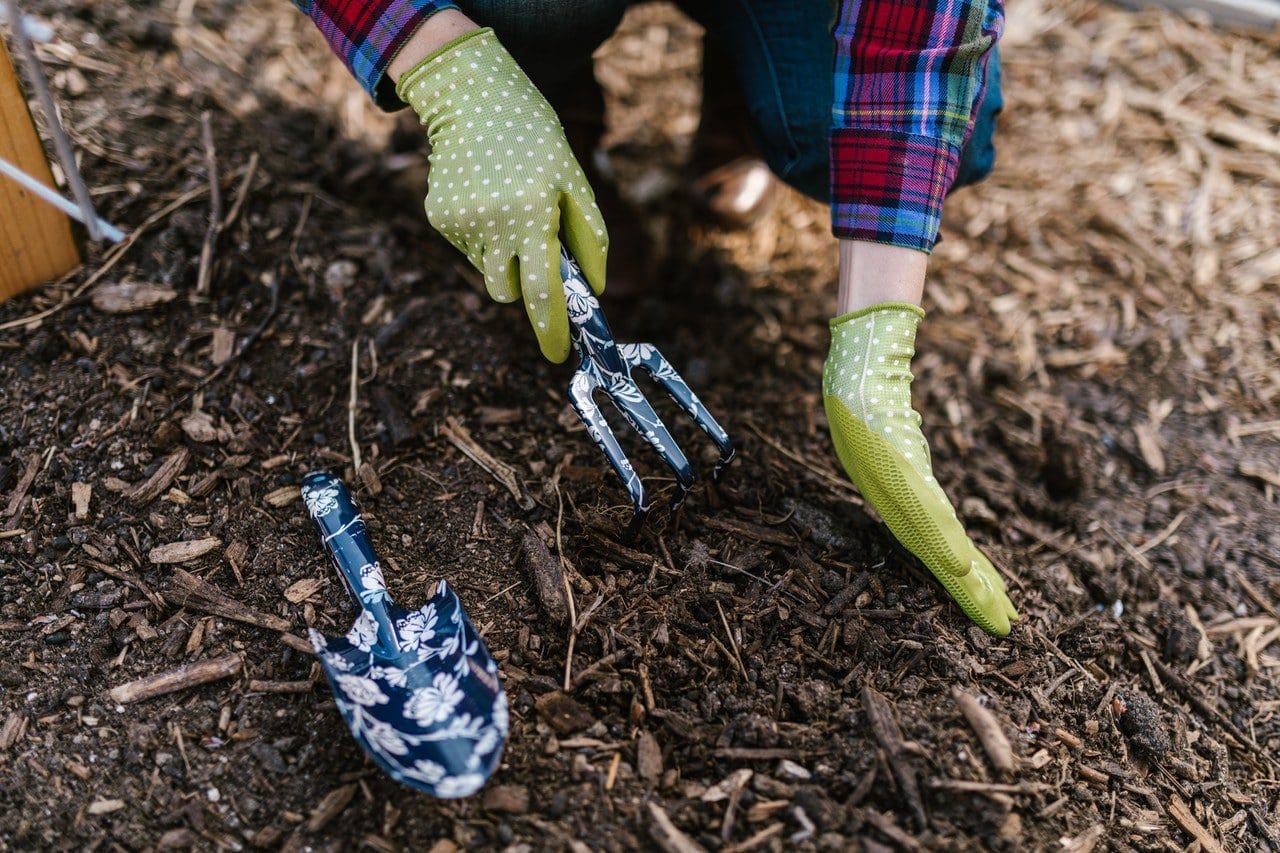
Photo by RODNAE Productions from Pexels
Garbage, or decomposed organic waste used as manure, has been shown to enhance the structure of the soil and its capacity to hold water. Mulch is a moisture-retaining material that is put on top of the soil. Mulch formed from organic materials like straw or wood chips will decompose into compost, improving the soil’s ability to absorb water even more. You can also use black plastic mulch to discourage weeds and reduce evaporation by covering the soil with it.
Conclusion
Agriculture accounts for over 70% of worldwide freshwater withdrawals and 40% of freshwater withdrawals in the United States. Water conservation is more vital than ever for you as a farmer, with catastrophic droughts, decreasing reservoirs, and freshwater shortages in some parts of the United States. Water conservation in agriculture takes time and work, but the returns are well worth it. You’re not only saving a valuable natural resource, but you’re also helping your crops thrive by conserving water.


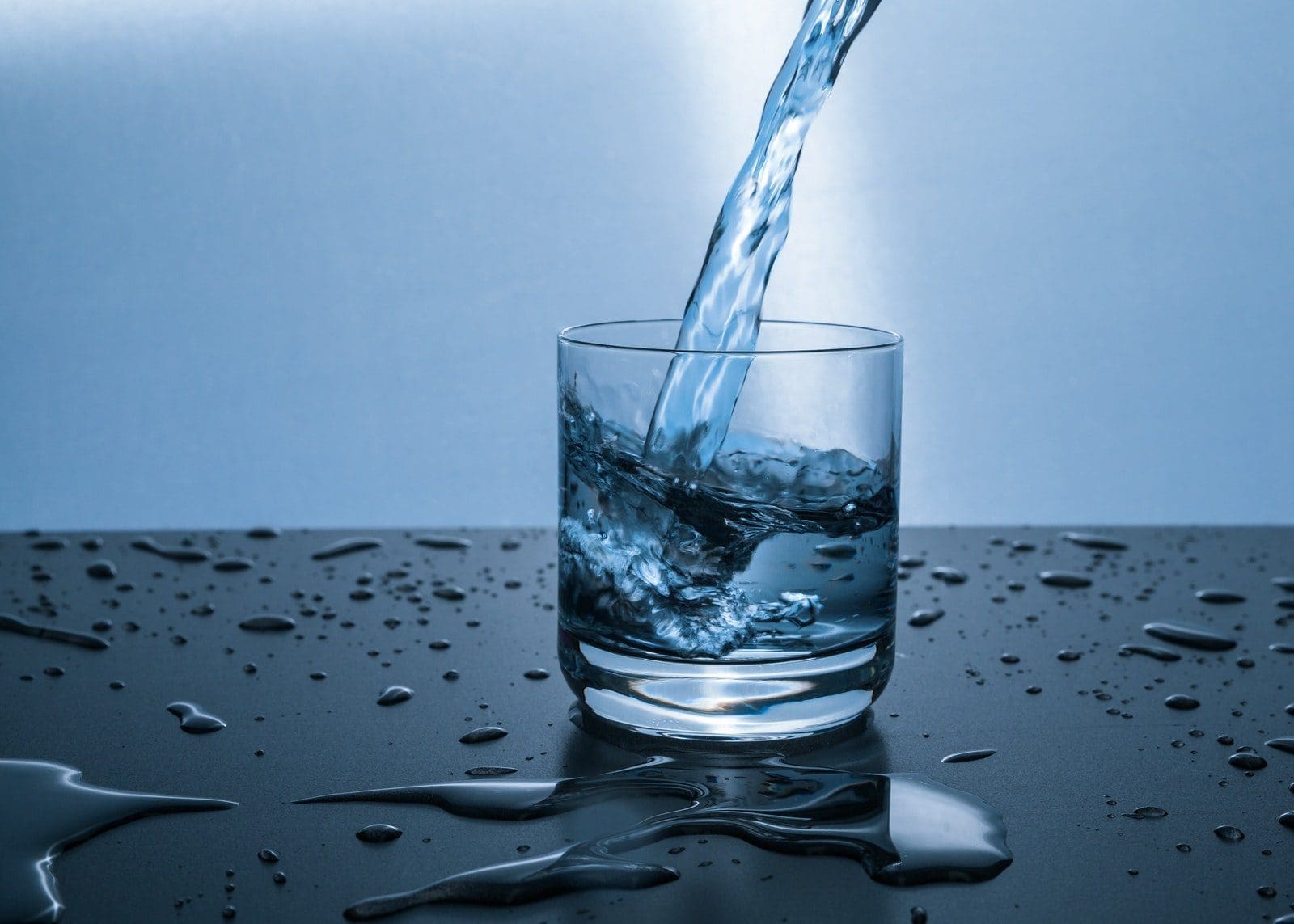

Be the first to comment